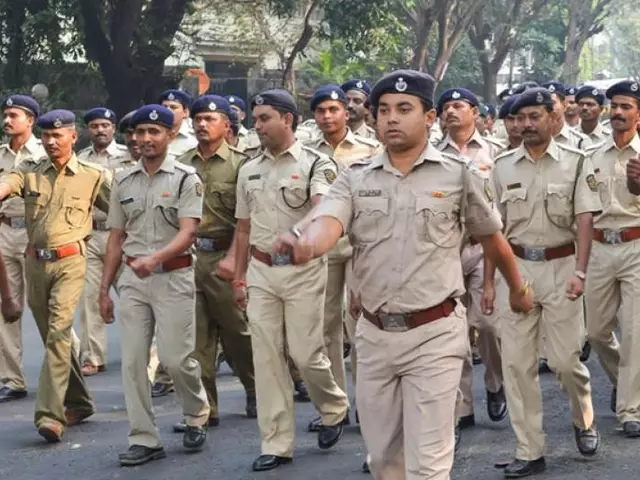 14
Feb,2023
14
Feb,2023
The recent stabbing attack in Delhi, India, has sparked a media frenzy, with many outlets speculating that the accused minors are not Muslim. However, there is no clear evidence to back up these claims.
The attack took place on March 22nd, 2021, when two minor boys allegedly attacked and injured three people in the crowded market of Kalindi Kunj. The victims were rushed to the hospital, where one of them later succumbed to his injuries. The two accused minors were immediately apprehended by the police.
The investigation is still ongoing, and no official statement has been issued by the police about the minors’ religion or identity. However, some media outlets have reported that the attackers were not Muslims. This has been widely shared on social media and has become a topic of debate.
However, the unsubstantiated claims of the attackers’ religion have been met with a great deal of skepticism. Many observers have pointed out that there is no concrete evidence to back up these reports, and that speculating about the religion of the accused minors is not only irresponsible but could also be used to propagate hate and violence.
The Delhi Police have stated that they are still investigating the case, and have asked the public not to speculate about the identity or religion of the accused. Until the investigation is complete, it is important to remember that the unsubstantiated claims of the attackers’ religion are just that — unsubstantiated.
The Delhi stabbing attack on February 26, 2020 left two people dead and several injured. It quickly became a major news story, with reports indicating that the accused minors were Muslim. However, recent developments have called into question the veracity of this reporting. This raises an important issue: what is the impact of false reporting on the accused minors in the Delhi stabbing attack?
False reporting can have a significant impact on the accused minors in the Delhi stabbing attack. It can lead to a range of negative consequences, including a loss of public trust, decreased public sympathy, and a tarnished reputation. This can lead to a level of public condemnation that can be hard to overcome, even if the accused minors are exonerated.
It is also important to consider the impact of false reporting on the victims and their families. The false reporting may have caused them to be unfairly blamed for the attack and may have caused them to receive additional scrutiny and criticism. This type of false reporting can have a lasting effect on victims and their families, and can make it more difficult for them to heal from the trauma of the attack.
False reporting can also have an impact on the way the public perceives the crime itself. It can lead to misinformation and false assumptions about the attack, which can lead to a skewed understanding of the incident and its implications. This can make it difficult for the public to make informed decisions about the crime and its potential implications.
Ultimately, it is important to recognize the potential impact of false reporting on the accused minors in the Delhi stabbing attack. False reporting can have serious consequences, and can have a lasting effect on victims, their families, and the public’s perception of the crime. It is essential that the media is held accountable for its reporting, and that accurate information is provided to ensure justice is served.




